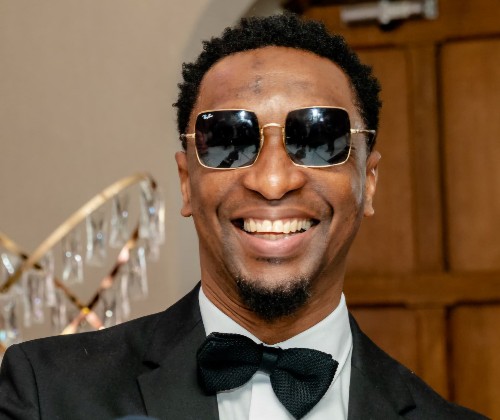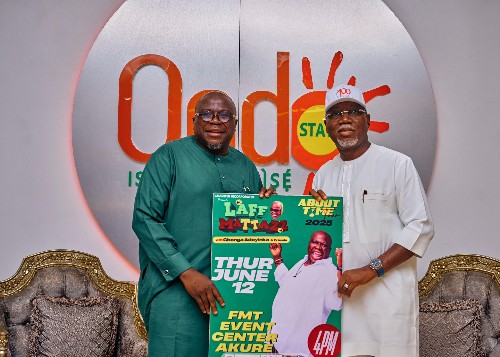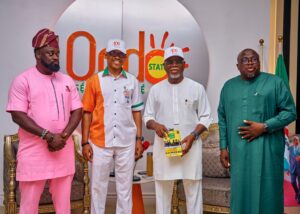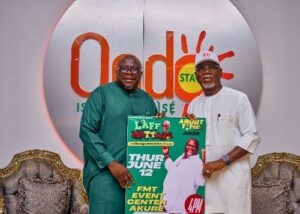ENTERTAINMENT
Toyin Aimakhu Drags Ex-Lover Seun Egbegbe To Police, Made To Sign Undertaking, Also Prostrates For Her.

BIG STORY
Dapo Opayinka: UK-Based Bilingual Nollywood Actor Bridging Cultures Through Stage And Screen
BIG STORY
Governor Lucky Aiyedatiwa Endorses Laffmattazz, Says Ondo State Is Safe For Tourism And Entertainment [PHOTOS]
BIG STORY
UPDATE: Portable Remanded In Kwara Prison Over Inability To Meet Stringent Bail Conditions
-

 BIG STORY3 days ago
BIG STORY3 days agoBREAKING: Sanwo-Olu Receives 60th Birthday Special Publication From Lanre Alfred At Lagos House [PHOTOS]
-

 BIG STORY4 days ago
BIG STORY4 days agoUS To Revoke Citizenship Of 25 Million Naturalised Immigrant
-

 BIG STORY3 days ago
BIG STORY3 days agoBREAKING: Liverpool Star Diogo Jota Dies In Car Crash At 28
-

 BIG STORY3 days ago
BIG STORY3 days agoJUST IN: Atiku, Obi, El-Rufai, Opposition Coalition Leaders Arrive For ADC Unveiling
-

 BIG STORY4 days ago
BIG STORY4 days agoIbadan Poly Students Shut Down School Gates, Block Road Over Renaming to Olunloyo Polytechnic
-

 BIG STORY4 days ago
BIG STORY4 days agoWithout US Subsidies, Elon Musk Would Have To Return To South Africa — Donald Trump
-

 BIG STORY2 days ago
BIG STORY2 days agoBREAKING: Abure-Led Labour Party Asks Peter Obi To Resign In 48 Hours For Joining ADC Coalition
-

 BIG STORY4 days ago
BIG STORY4 days agoJUST IN: NAPTIP Adds Speed Darlington On International Watchlist, Alerts Interpol























